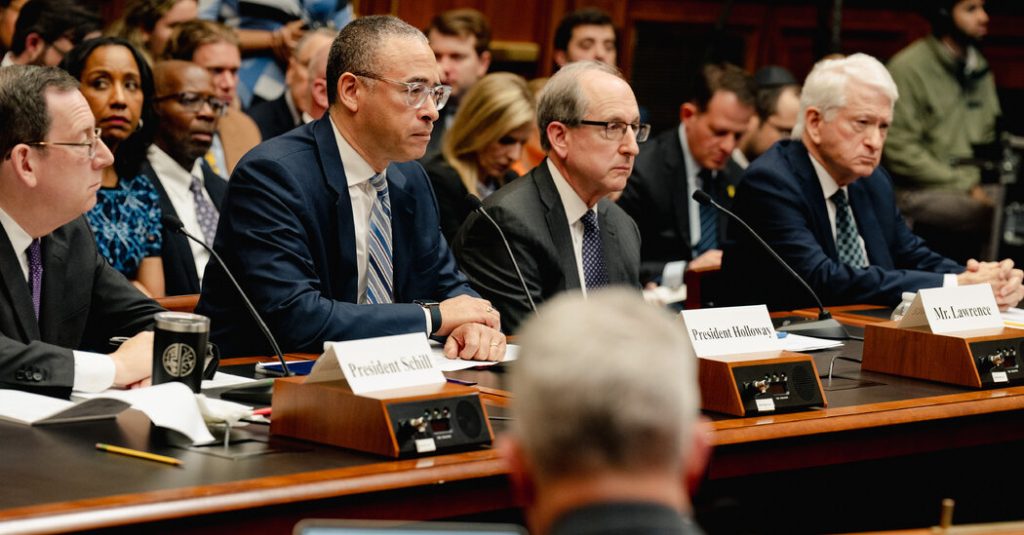The summer following campus protests against Israel’s war in Gaza is shaping up to be a challenging one for universities. Congressional Republicans are ramping up their investigation into college antisemitism, targeting schools like Rutgers, Northwestern, and UCLA for their handling of campus encampments. Student protesters are also vowing to continue their activism, with actions such as walking out at Harvard’s graduation and setting up new tents at UCLA. Colleges will need to address ongoing federal investigations, hundreds of disciplinary cases, and plans for the fall as presidential election tensions rise.
University presidents are losing sleep over unresolved disciplinary cases stemming from student protests. UCLA is investigating more than 100 cases of conduct related to both antisemitism and Islamophobia. Northwestern and Rutgers are also dealing with reports of harassment, with suspensions and other disciplinary actions already taken at Rutgers. Schools must now make decisions on disciplinary actions knowing that Republicans are monitoring the outcomes closely, threatening to cut off funding for institutions deemed to have failed to protect Jewish students.
Congressional and federal investigations into campus antisemitism are adding to the pressure on universities. Representative Virginia Foxx is leading an inquiry into the learning environments at Harvard, MIT, and the University of Pennsylvania, as well as their disciplinary procedures. The Department of Education’s Office for Civil Rights has launched discrimination investigations at numerous universities based on complaints of antisemitic and anti-Muslim harassment. Schools are under scrutiny for potential violations of various laws, from the tax code to anti-discrimination statutes.
With fall approaching, universities must be prepared to handle potential protests on campus. College presidents have admitted to being surprised and unprepared for the previous demonstrations and will need to have strategies in place for the upcoming academic year. As students return to campus just months before the presidential election, activists are gearing up to continue their protests. Recent actions at UCLA, such as setting up new encampments and asserting their presence on campus, suggest that the activism is far from over.
The challenges faced by universities in addressing campus activism and antisemitism are complex and far-reaching. With ongoing federal investigations and pressure from Congressional Republicans, school leaders must navigate these issues carefully. Disciplinary actions taken against students involved in protest activities will be closely monitored, posing a dilemma for university administrators. As the fall semester approaches, colleges must be prepared for potential protests and campus tensions in the lead-up to the presidential election. With student activists showing no signs of backing down, universities must find ways to address these issues while upholding principles of free speech and diversity on their campuses.


